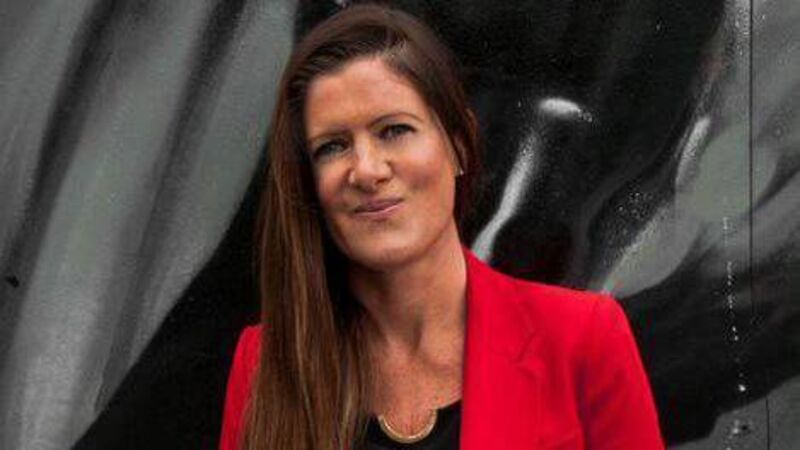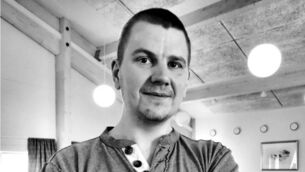'Food is the good girl's drug': Eating disorder survivors say recovery is possible

Rosalyn Sheehy: ‘There is a lot of guilt. It is like you have killed somebody — you just don’t want anyone to know. ‘
A survivor of bulimia says food is like a “good girl’s drug” because disordered eating is something that can be done in secret without upsetting loved ones — until they discover the truth.
Limerick-born Rosalyn Sheehy has been recovered from bulimia for the past 20 years and has written two books aimed at educating people about eating disorders.










